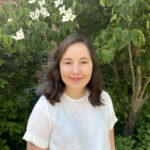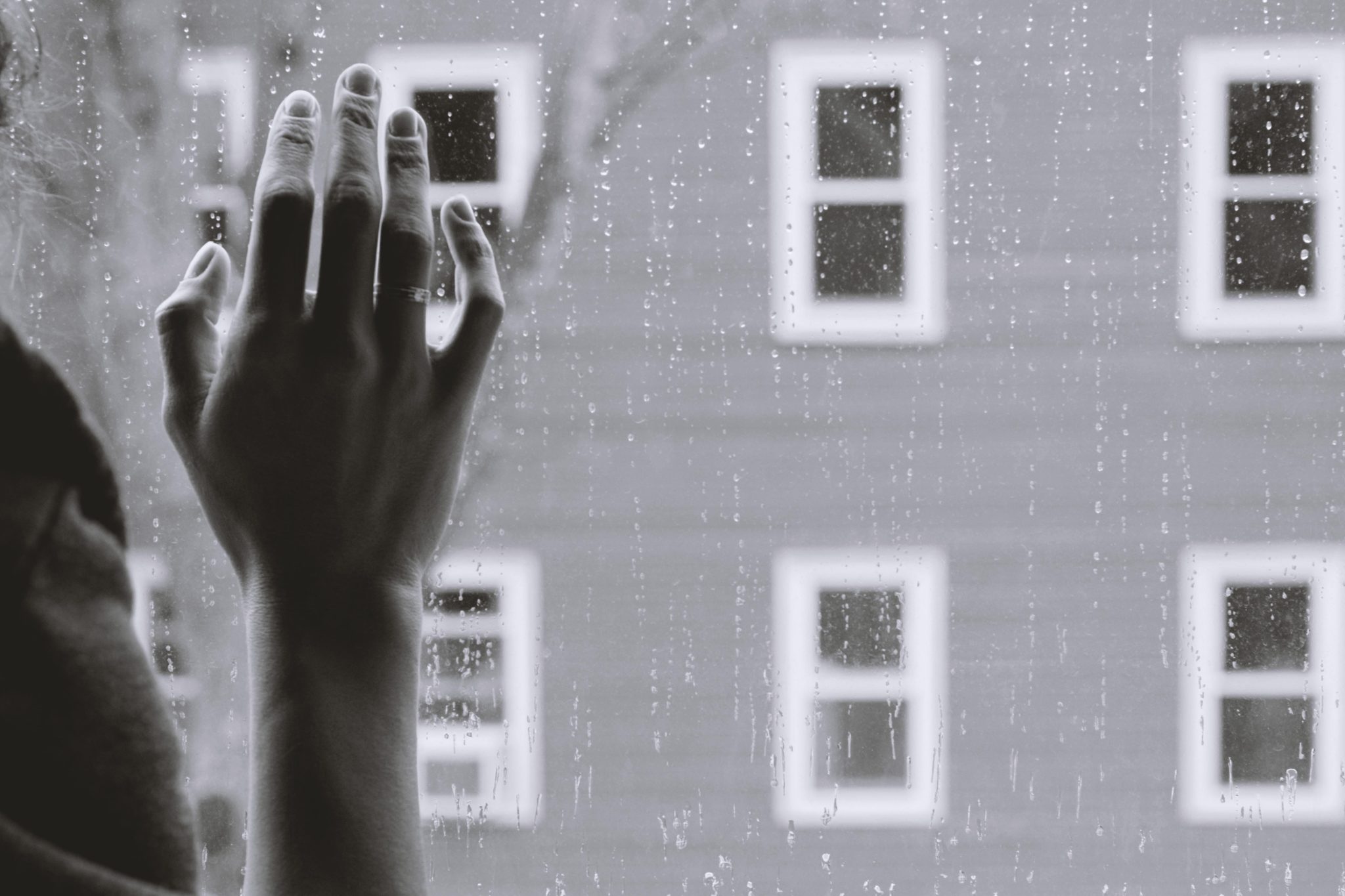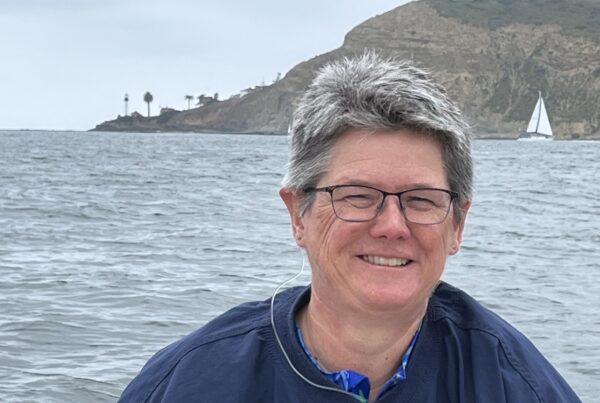W ithout a doubt, 2020 was rough. The year was marked by loss, heartache, and hardship for many people, including me. 2020 has been one of the hardest years I’ve ever experienced. With the beginning of a global pandemic, normalcy became a stranger. I lost both my aunt and grandmother within two months of each other. I was the first member of my immediate family to earn a bachelor’s degree, but I was unable to commemorate like I had been dreaming of for years. My husband lost his job, then later health insurance, which left us in a place of financial insecurity and with an uncertainty of how we might make it through the year. In the midst of these experiences, I joined in with many others to grieve the issues of racism and inequality that were brought to the forefront of our conversations.
All of these unique experiences brought me to the question: “How long, Lord?” This question ran through my mind many times throughout the year. I became even more familiar with the emotions of anger, frustration, hopelessness, and sadness. I found myself in a place of lament.
With the help of my church, City Chapel in Grand Rapids, Michigan, I began to learn more about lament and deepened my understanding of what it really looks like. The general understanding of lament is that it is simply mourning and sadness. While this—naming our sadness—is a vital piece of lament, I’ve learned to draw more deeply from it. Mark Charles, a pastor and theologian, has defined lament as “a truth telling before God.” This definition invites us to think about why we are sad and mourning.
We don’t lament just to be sad, but instead to help us understand that things are not the way they should be by uncovering truths about life as we know it. Even further, it draws us to believe that things don’t have to be this way, and that we can work toward a future that is not marked by the hurt and loss we’ve experienced.
I’ve been awakened to the idea that lament is an ongoing work and spiritual practice of uncovering truths and looking toward Christ for sustaining strength, endurance, and hope. I am still practicing truth-telling before God and learning to live in the tension of lament and hope.
This article was also published in RCA Today, the Reformed Church in America’s denominational magazine.

Bizzy Feekes
Bizzy Feekes is an artist, a seminary student, and a writer. She is Indigenous, a member of the Winnebago Tribe of Nebraska. She graduated from Kuyper College in 2019 with a double major in Intercultural Studies and Theology, and a minor in Teaching English to Speakers of Other Languages (TESOL). Bizzy is currently attending Seattle Pacific Seminary where she is pursuing a Master's of Theology in Reconciliation and Intercultural Studies.



